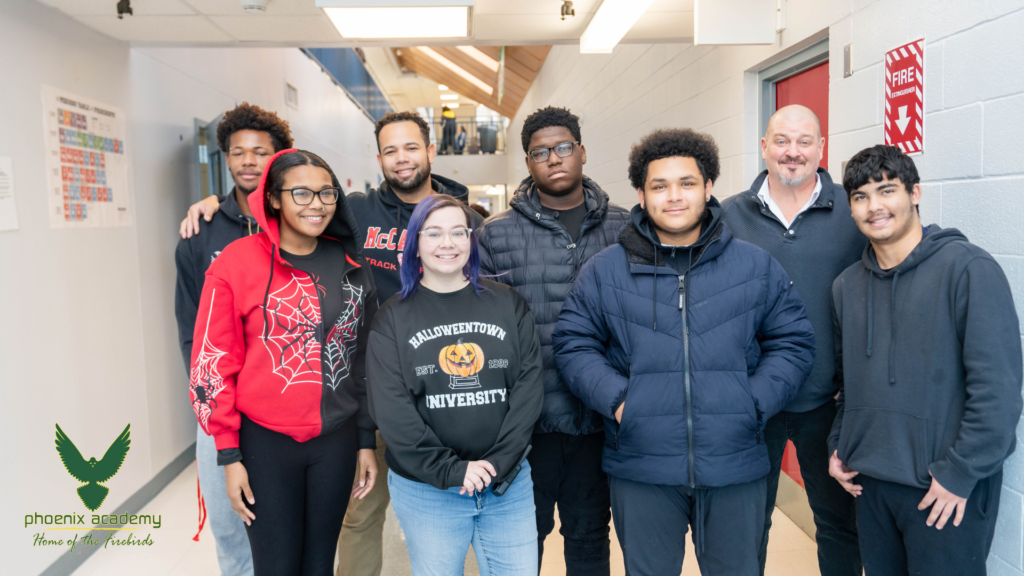A flexible learning environment
 The Phoenix Academy family pledges to overcome obstacles, discover individual potential, and establish goals for the future in a rigorous academic environment. Through an intensive remedial program (focus on math and literacy skill development and growth) for students in grades 7-8 coupled with an accelerated credit recovery program for students in grades 9-12, our students spread their wings and reach their fullest potential!
The Phoenix Academy family pledges to overcome obstacles, discover individual potential, and establish goals for the future in a rigorous academic environment. Through an intensive remedial program (focus on math and literacy skill development and growth) for students in grades 7-8 coupled with an accelerated credit recovery program for students in grades 9-12, our students spread their wings and reach their fullest potential!

Upcoming Phoenix Academy Events
Resources
-
Scholastic Testing
-
Schoology
-
Clever
-
Read 180/System44
-
Working Papers
Working papers (working permits) are legal documents that give students the privilege of working in accordance with State child labor laws.
-
College and Career Resources
Explore resources related to postgraduation pathways.




0 CommentsComment on Facebook